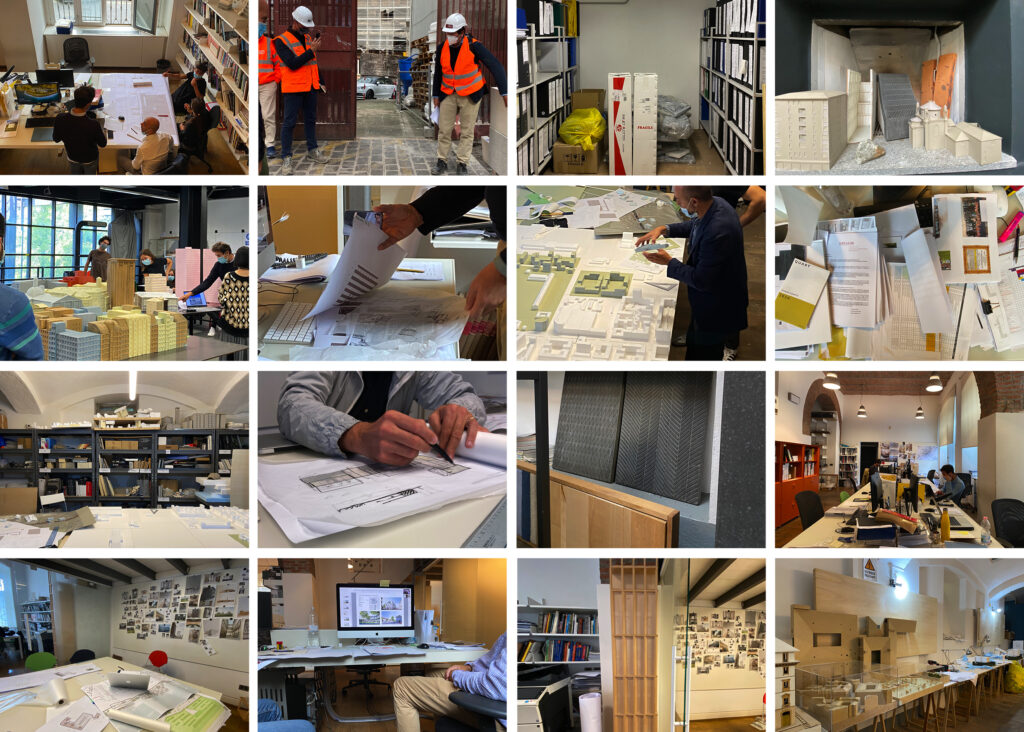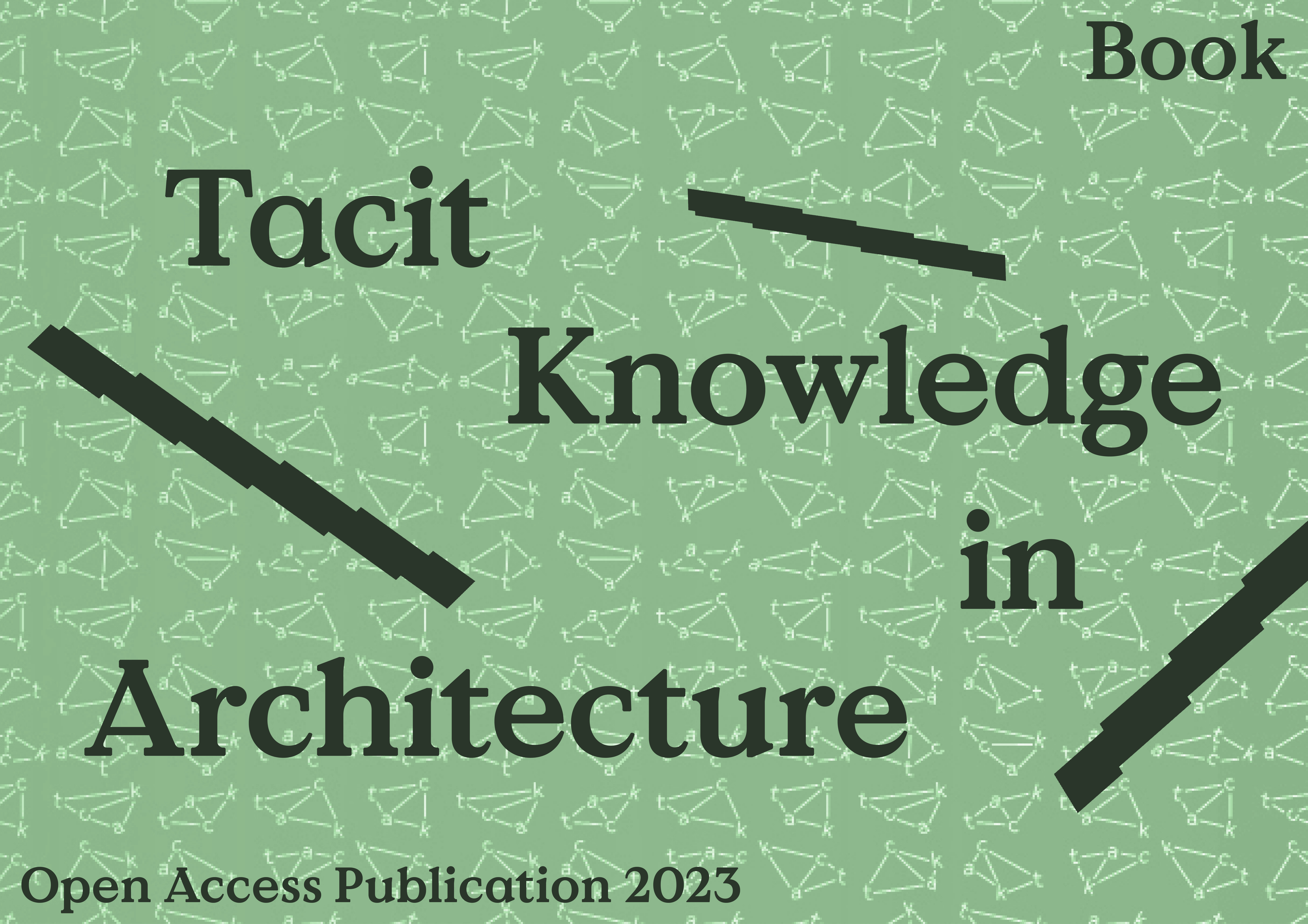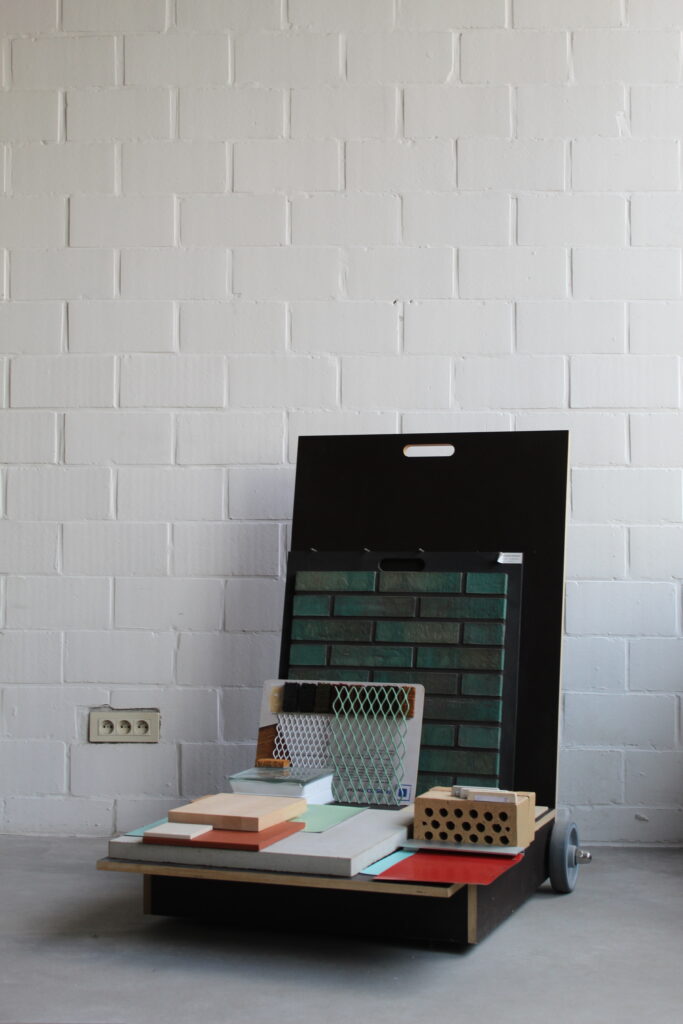Return to archive
title
Chozos, Houses of Nomadic Shepherd
Speakers
Alba Balmaseda Dominguez Kyra Bullert Špela Setzen Markus Vogl
This object will be presented at the TACK Conference in the object session SITE, 20 June 2023 between 09:30 – 11:15 (CEST) at ETH Zürich (Auditorium HPV G5).
Chozos are traditional handcrafted shepherds’ huts. They were built by the shepherds themselves and served them as shelters when moving with their herds from field to field. The construction technique was used by shepherds in rural Spain until the end of the 20th century.
In a transdisciplinary project, we decided to explore this fading knowledge of building because we understood that this vernacular architecture in extinction offers the opportunity to learn about awareness, care, community, craftsmanship and harmony between nature and human beings. The holistic approach therefore focused on the collection of perceptions, experiences, and narratives and on what contemporary witnesses could tell, well knowing that this could be the last chance to preserve the knowledge for future generations.
The project not only aimed at “re-creating” the chozos but at “co-creating” them, i.e. understanding how all their components – context, history, actors, material and projections – are intertwined. For this reason, the process included an intense exchange and a mutual learning within shepherds, local people, various experts, students and tutors.
With this approach, the project offers an alternative to current attempts of sustainable architectural transformation with its focus on innovation and digitalization. In contrary to those current attempts, the chozos project closely looks at the principle of “exnovation”, i.e. investigating whether really all innovations were helpful or whether some of them could and should be abolished again while instead finding out that vernacular architectures can still and maybe now even more than before help to contribute to face the current global challenges.
The project’s plan was to build two chozos, both in line with traditional building material and traditional basic construction methods. As a result, we created a monolithic chozo, which remained in the Extremadura, and a modular chozo, which started travelling through Europe. With that parallel building task the project managed to highly engage the participants in the process of collecting, reproducing and reflecting the knowledge. While working on and with the chozos we found out that these two seemingly simple “objects” are “more than objects.” Both chozos are complex manifestations of a society in which we identify ourselves as part of something larger.
Alba Balmaseda Domínguez, Kyra Bullert, Špela Setzen and Markus Vogl are members of the Faculty of Architecture and Urban Planning at the University of Stuttgart. The Project “Chozos” is a collaboration between “e1nszue1ns” platform, founded in 2015 as a knowledge transfer project group at the faculty and the departments IRGE (Institut für Raumkonzeptionen und Grundlagen des Entwerfens, Prof. Markus Allmann) and SuE (Lehrstuhl Stadtplanung und Entwerfen, Prof. Dr. Martina Baum). The project has been strongly supported financially and in terms of content by the German Sto-Stiftung, the municipality of Cabeza del Buey and the Spanish Embassy in Switzerland.
The activity is a partnership between the 1zu1 platform and the departments IRGE (Institut für Raumkonzeptionen und Grundlagen des Entwerfens, Prof. Markus Allmann) and SuE (Lehrstuhl Stadtplanung und Entwerfen, Prof. Dr. Martina Baum). The project has been supported by Sto-Stiftung, the municipality of Cabeza del Buey and the Spanish Embassy in Switzerland.




